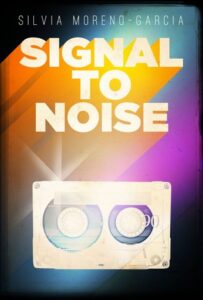This week’s theme is a Valentine’s Day related freebie, so I’m going to put together a list of fictional romances I have loved! And probably no one will be surprised by my choices.
- Gawain and Dame Ragnell. Sarah Zettel’s Camelot’s Shadow is the only contemporary book I can think of that uses these two in the way I’d like. I love that, in the original(? oldest extant might be a better word) medieval version, it’s all about equality. Gawain gives Ragnell a choice about her own life, her own body. How can that not appeal?
- Roux and Vianne, from Joanne Harris’ Chocolat. I used to think of this book as a guilty pleasure, but having given that whole concept up, I have to cop to this one (and why not?). The undemanding connection between these two really works for me — and reminds me of a favourite song, Suzanne Vega’s ‘Gypsy’.
- Joscelin and Phèdre, from Jacqueline Carey’s Kushiel’s Dart. I want a Joscelin of my own! Okay, they take some time getting there, but they come to an understanding and they are devoted to each other.
- Pilar and Loup, from Jacqueline Carey’s Santa Olivia. They’re just… adorable. Puppy love and all.
- Anluan and Catrin, from Juliet Marillier’s Heart’s Blood. A lovely Beauty and the Beast retelling, and I really believed in the way these two damaged people came together.
- Marco and Celia, from Erin Morgenstern’s The Night Circus. This book is just… gorgeous. I need to reread it.
- Lord Peter and Harriet, from Dorothy L. Sayers’ Strong Poison. Well, the whole series, of course. The patience he has with her, and the way they finally, finally get together… “If I should once give way to Peter, I should go up like straw.”
- Kate and Curran, from Ilona Andrews’ Magic Bites. Again, the whole series. They’re just… such good banter and also passion and irritation and… yep.
- Phryne and Lin Chung, from Kerry Greenwood’s Away With the Fairies. I might wish for Phryne to flirt with someone else again, but I do enjoy the bond between these two.
- Simon and Baz, from Rainbow Rowell’s Carry On. Okay, I haven’t even read it yet, but I’ve peeked, and eeeeh.
And of course, every Georgette Heyer, Mary Stewart and Susanna Kearsley romance feels perfect as I read it — they just don’t tend to stick in my head separately the way these do.
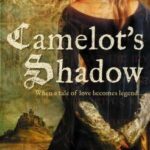

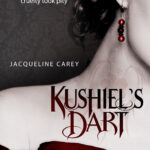
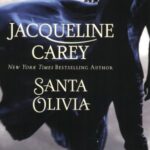

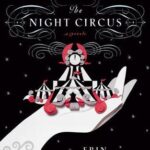


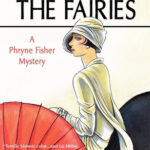


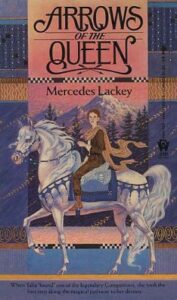
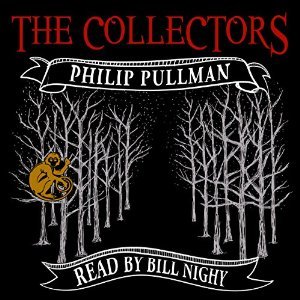
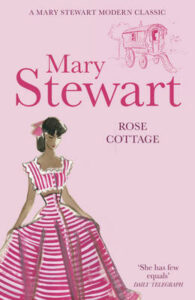
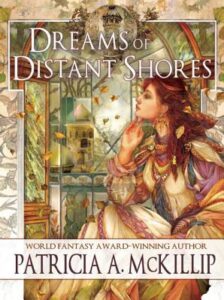
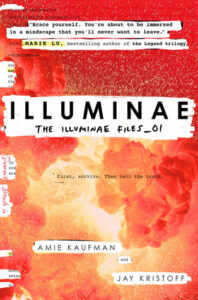
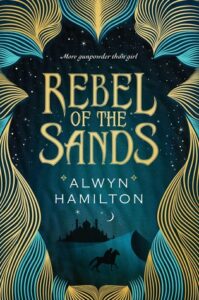
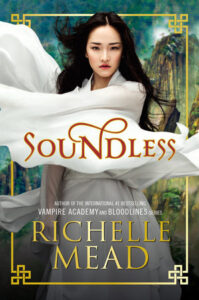

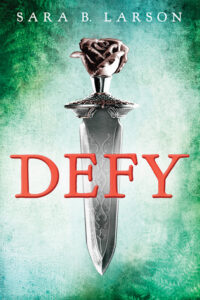
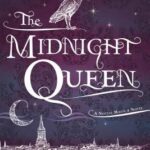
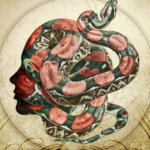
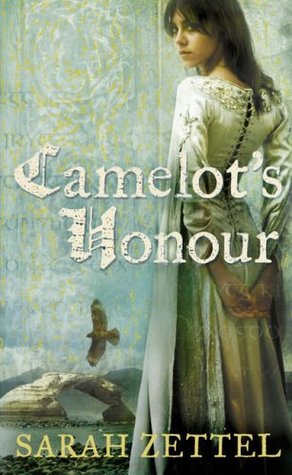 Camelot’s Honour, Sarah Zettel
Camelot’s Honour, Sarah Zettel
